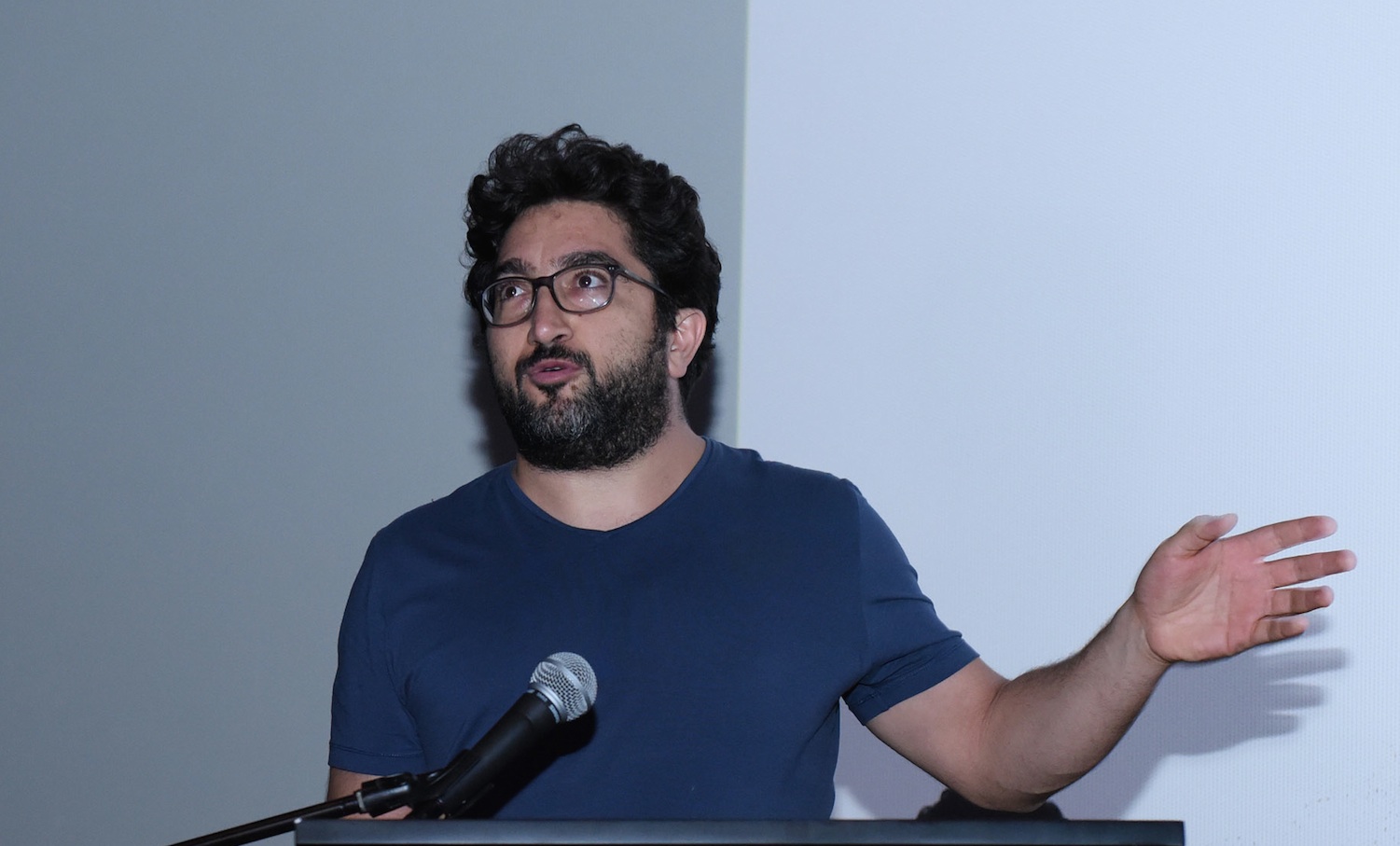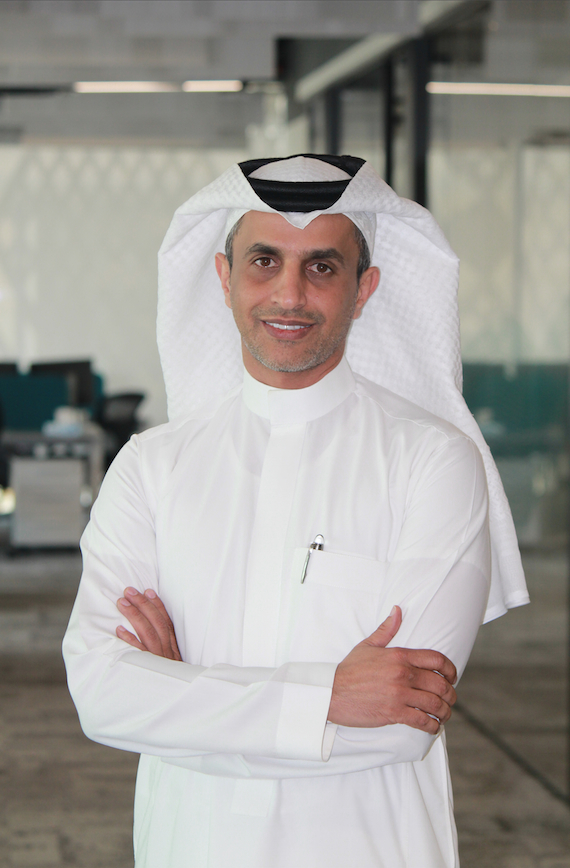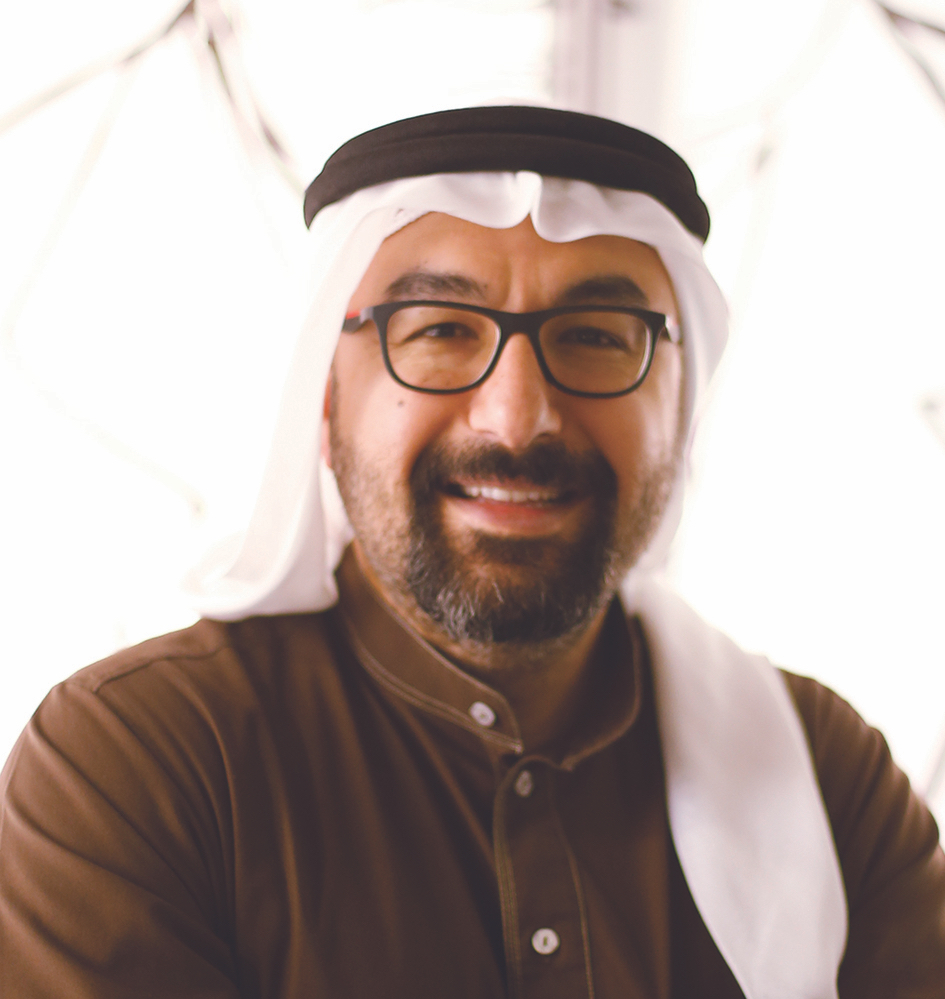Listen to the article
As Saudi Arabia opens up to the world and pushes ahead with its giga-projects, a gold rush is under way as agencies seek to get in on the action
Ever since Saudi Arabia’s Vision 2030 was unveiled six years ago, the country has sought to create a progressive kingdom capable of tapping into its economic and cultural potential. That vision appears to be well and truly on track, with the kingdom and its communications industry in the midst of a gold rush as agencies seek to tap into Saudi Arabia’s surge towards liberalisation.
As with all gold rushes, people and agencies are heading to Saudi Arabia in a bid to capitalise on the boom. Amongst those who have recently set up shop are GP&K, which has already produced work for the Red Sea International Film Festival in Jeddah. Others are either in the process of entering the market or are eyeing it up, including Bureau Béatrice and Egypt’s Storytellers. Meanwhile, those who have been in the market for years are ramping up their operations.
“Everyone – individuals and businesses – is leveraging the situation by creating new opportunities and business growth,” says Thamer Farsi, CEO of Publicis Groupe Saudi Arabia. “Since the launch of Vision 2030 in 2016, the country and its people, mainly youth, have been in pursuit of a new era of transformation, taking ownership and acting as key players in the reshaping and reforming of the social, cultural and business landscape.”
Widespread economic and institutional change has combined with sector-wide transformation to create an industry that is more vibrant than ever. Such activity is creating only positives for the communications industry, believes Farsi. Those positives include business growth, the creation of jobs, and investment opportunities (expansions, acquisitions, mergers). They also include the creation of “enough space for all businesses to compete and win”, says Farsi. “I don’t see any negative impact.”
“The transformation of Saudi Arabia started a couple of years ago,” adds Walid Nasrala, co-founder and creative director of independent agency WonderEight. “When we first opened in Riyadh there were no movie theatres and women couldn’t drive. Then almost overnight things started changing radically, and this change has been going on for the last couple of years. This is not short-term. They’ve got the money, they’ve got their feet set solidly on the ground, and they’re working hard towards achieving Vision 2030.
“There’s a lot of demand. They’re building big, big projects so there’s a lot of construction development, engineering, entertainment. And all this needs the marketing to support it, especially in the entertainment sector. Today, Saudi always need to talk and do, rather than do and then talk. So talking and communication is key. This is why the budgets are there. Decisions are taken fast, whether it’s to deploy budgets or to activate campaigns.”
“There is an emergence of local companies and there is this patriotism."--Walid Nasrala, co-founder and creative director of WonderEight
Much of that demand is coming from a series of hugely ambitious giga-projects. Designed to diversify the economy and to reduce the country’s dependence on oil, these developments include NEOM and The Red Sea project, both of which are fully owned by Saudi Arabia’s Public Investment Fund. Arguably the most ambitious is NEOM, a vast region in the northwest of the country. Being built at an estimated cost of $500 billion, recent marketing activity has included the use of Facebook and Instagram video ads to promote The Line, a 170-kilometre-long network of hyperconnected smart communities. Included amongst the agencies it works with are the UAE-based strategic digital communications agency Create, which manages multilingual creative adaptations across NEOM’s regional and global campaigns. The agency works with NEOM and its partners to gain global visibility across outdoor, TV, cinema, airports, airlines and social media.
In September, both NEOM Media Village and Bajdah Desert Studios were launched, marking “an important milestone in realising our aim of becoming the epicentre of the regional media industry,” said Wayne Borg, NEOM’s managing director for media industries, entertainment and culture. NEOM is also a big part of the country’s tourism strategy, with the Hisma Desert included within its borders. As part of Vision 2030, Saudi Arabia has committed to investing $800 billion in the tourism industry and to grow tourism revenue from 3 per cent of GDP to 10 per cent over the coming years, according to the Middle East and North Africa Leisure & Attractions Council.
One of the flag bearers of that commitment is Red Sea Global, the developer behind The Red Sea project, one of the most ambitious and environmentally responsible tourism developments in the world. Taking shape on the north-west coast of Saudi Arabia, it will be powered by 100 per cent renewable energy and is forecast to contribute $5.8 billion a year to Saudi Arabia’s GDP by 2030. Red Sea Global is also responsible for Amaala, a luxury wellness destination located along the kingdom’s northwestern coast.
“Our marketing strategy is focused around strengthening credentials for The Red Sea and Amaala as the world’s most ambitious regenerative tourism destinations,” says Abdullah AlZahrani, brand and marketing executive director at Red Sea Global. “This not only covers promoting our unique destination to international audiences, but also appealing to the local Saudi audience both as a destination but also as a developer and employer.
“Audiences in Saudi Arabia are some of the most connected and empowered consumers in the world. They are not interested in generic brand communications; they want brands and entities to speak to them in their language, about topics that are close to their heart.” AlZahrani adds that preserving what makes the kingdom unique – its people, famed hospitality, treasured history, rich customs and traditions – are a central part of Red Sea Global’s marketing strategy. “We understand that impactful communications must delicately address these cultural references,” he says.
The Red Sea is arguably the most advanced of the kingdom’s giga-projects. The first of its hotels are due to open next year and Red Sea Global has utilised vocational training programmes to create opportunities for young Saudis keen to play a key role in the development of world-class tourism destinations. These have been “accompanied by 360-degree marketing campaigns to ensure young Saudis know about these programs, understand the opportunity and feel inspired to apply,” says AlZahrani.
“As we approach the opening of our first destination in 2023, we are developing a 360-degree, integrated marketing communications plan to introduce The Red Sea to the world,” he adds. “The campaign in the first phase will include experiential content, credible influencers and other marketing activities in several markets to build awareness and drive enticement to visit the destination.”
“Audiences in Saudi Arabia are some of the most connected and empowered consumers in the world.”--Abdullah AlZahrani, brand and marketing executive director at Red Sea Global
Saudi Arabia is also planning one of the biggest airports in the world – King Salman International Airport in Riyadh – which will have six parallel runways and cover 22 square miles. In late November, it was also announced that Saudi Entertainment Ventures is to invest over $13 billion in establishing 21 entertainment destinations across 14 cities in the kingdom.
This transformation is affecting every aspect of Saudi life. Not only has it created new sectors, it has increased demand, heightened competition, and pushed agencies to significantly increase investment in their Saudi operations. “In terms of marketing, there is a lot of competition,” says Nasrala. “There is an emergence of local companies and there is this patriotism. If you’re a Saudi company and you have good standards, they’d rather work with you than any good foreign company. So the opportunity is there for them, and this is why they’re growing and they’re flourishing. But there is room for everybody I think.”
What all agencies opening offices in the country – and those that have been in the country for a number of years – have in common is an understanding of the “potential business opportunities and long-term growth potential derived from Vision 2030,” says Farsi. This is especially true within the government sector, with government related accounts the most highly prized, particularly the development projects fuelled by Vision 2030. “I can say with full confidence that Saudi Arabia today provides a robust ecosystem (i.e. work environment, resources and systems) that not only helps establish and grow businesses but allows individuals to thrive and realise their full potential across different sectors,” continues Farsi.
“Since the launch of Vision 2030 in 2016, the country and its people, mainly youth, have been in pursuit of a new era of transformation, taking ownership and acting as key players in the reshaping and reforming of the social, cultural and business landscape.”--Thamer Farsi, CEO of Publicis Groupe Saudi Arabia
The momentum that Saudi Arabia has built up over the course of the past few years shows no signs of abating, although both inflation and a shortage of skilled workers are likely to impact the progress of the country’s giga-projects. The government’s forceful and violent eviction of members of the Huwaitat tribe living on ancestral land within the boundaries of NEOM has also shocked human rights groups. In October, three members of the tribe were sentenced to death for opposing eviction.
None of this, however, is likely to hinder Saudi Arabia’s rush towards economic growth. “2023 will see the continuation of a strong and growing economy supported by the positive outcomes witnessed this year and the ongoing development of government related projects and initiatives,” says Farsi. “From an agency perspective, we will see more opportunities coming from government entities paired with improvements within the private sector.”
This article was first published in ArabAd special KSA issue Q4, 2022

-Lebanon.jpg)
















